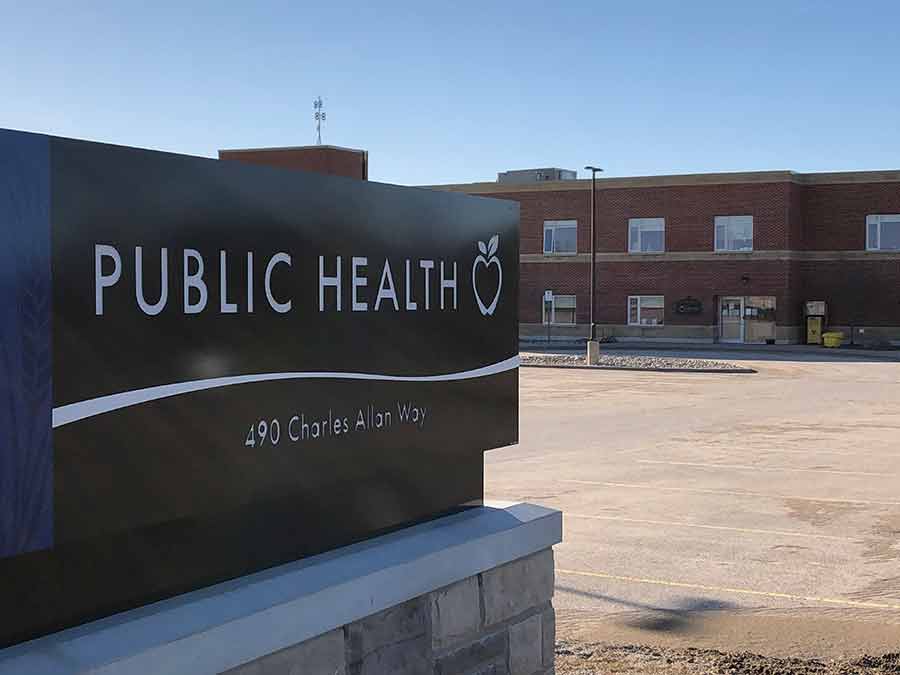GUELPH – Testing for COVID-19 is still being done through hospitals in Wellington County, but the province is now providing general guidance about who should be tested.
The focus is on those who are most ill and for whom testing would be most impactful in regards to public health management.
They include:
– those showing symptoms and who have had contact with people with confirmed cases;
– health care workers with an acute respiratory infection;
– people with acute respiratory infections in long-term care;
– people with acute respiratory infections in other institutions (as defined by local public health);
– people who are hospitalized and have acute respiratory infections;
– health care workers who are part of institutional outbreaks; and
– Indigenous people with an acute respiratory infection.
People with a fever or cough who have a travel history or who have been in close contact with someone with a respiratory illness should self-isolate at home until 24 hours after symptoms have been resolved.
Seriously ill patients should be referred to the emergency room as usual.
The Ontario government has also set up a website with a self-assessment tool. It basically asks these questions:
– do you have a fever, new cough or difficulty breathing (or a combination of these symptoms)?
– do you have muscle aches, fatigue, headache, sore throat, runny nose or diarrhea? Symptoms in young children may also be non-specific (for example, lethargy, poor feeding);
– have you travelled outside of Canada in the last 14 days?
– does someone you are in close contact with have COVID-19 (for example, someone in your household or workplace)?
– are you in close contact with a person who is sick with respiratory symptoms (for example, fever, cough or difficulty breathing) who recently travelled outside of Canada?
If you answer yes to both sets of questions, then it’s time to phone either your family physician or Telehealth Ontario at 1-866-797-0000 for further, professional guidance specific to your symptoms and situation. You may be sent for testing, or you may not.
If you still feel sick but don’t have a potential contact history, stay home, monitor your symptoms and contact your healthcare provider if symptoms get worse. Self-isolate for 24 hours after your symptoms go away.
The goal is to reserve the test kits for people who likely have the virus and not waste them on people who definitely don’t. It will also help keep well people from mixing with unwell people.
The self-assessment tool can be found here.
Eighty per cent of people who get the virus will get better without any medical intervention, said Chuck Ferguson, communications officer with Wellington-Dufferin-Guelph Public Health. It’s really the elderly and people with underlying medical conditions who will have a hard time fighting it if they get it. That’s why closing facilities and keeping people in self-isolation is so important at this time.
As well as containing the spread of the disease, these measures will relieve some of the pressures COVID-19 is putting on the healthcare system, he said.
For the latest local news on COVID-19, follow us on Twitter @wellyadvertiser.




